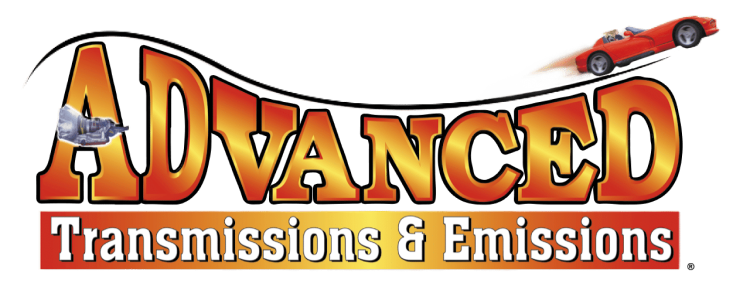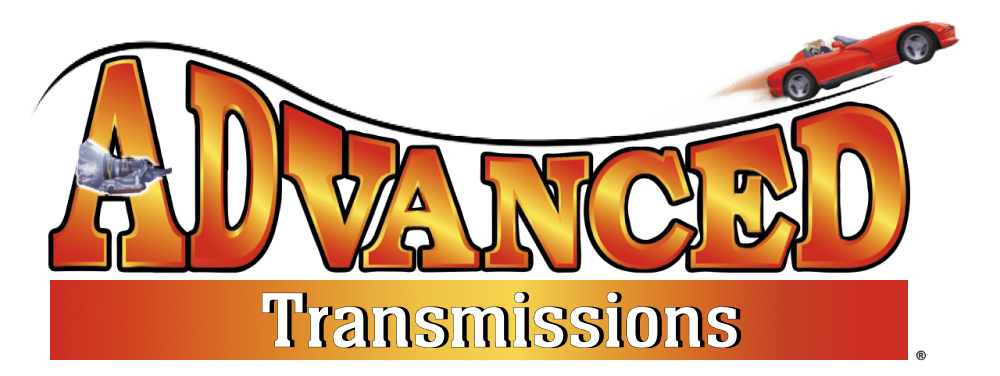Your vehicle’s clutch plays a vital role in connecting the engine to the transmission, ensuring smooth gear shifts and overall performance. Whether you drive a manual or automatic transmission, your clutch is constantly at work—though your interaction with it varies depending on the type of vehicle.
Recognizing early signs of clutch trouble can prevent expensive repairs and unexpected breakdowns, helping you avoid the inconvenience of calling for a tow. Below, we’ll highlight the most common clutch issues drivers face and how to spot them before they leave you stranded.
Why is the Clutch Important for your Vehicle?
The clutch is a critical component that transfers rotational power from the engine to the wheels, allowing your vehicle to shift gears, stop, and even shut off properly. When you brake, for example, the clutch temporarily disengages the engine from the wheels, preventing stalling and ensuring smooth operation. While manufacturers design clutches to be durable and long-lasting, they can still wear out over time.
If you drive a manual transmission, you interact with the clutch directly using the far-left pedal, which enables smooth gear changes. In an automatic transmission, the clutch is part of the torque converter, a system that seamlessly connects the engine and transmission, ensuring your wheels engage at the right moments without driver input.
What are Some Common Vehicle Clutch Problems?
While your clutch is designed to last the lifetime of your vehicle, it isn’t immune to failure. Driving habits play a significant role in clutch longevity, and over time, natural wear and tear can lead to performance issues. Below, we’ll explore some of the most common vehicle clutch issues that drivers should watch for.
- Wear and Tear: As with any component, continuous use causes clutch wear over time. The most common clutch issue is the friction material on the disc wearing down, making it harder for the clutch to engage properly.
- Cable Issues: If your vehicle has a cable-operated clutch, you may notice difficulty shifting gears, a stiff pedal, or a clutch that doesn’t fully return after being pressed. In many cases, this indicates a damaged clutch cable (How A Car Works).
- Leaking Fluid: Your vehicle’s fluids are importantfor smooth operation. If you notice fluid leaks around your clutch, it could signal a serious issue that requires immediate attention. Ignoring leaks can lead to costly repairs, so visit a Phoenix auto repair shop right away.
- Slipping: If your engine revs but the vehicle doesn’t accelerate properly after releasing the clutch pedal, you may have a slipping clutch. This issue occurs when friction material wears away, preventing the clutch from fully engaging. While your car may still be drivable, ignoring a slipping clutch can lead to more severe transmission damage.
- Loose or Hard Clutch Pedal: A change in pedal resistance—whether it feels too loose or too stiff—often signals clutch trouble. Since this issue can stem from multiple causes, it’s best to have a professional diagnosis rather than attempting to self-diagnose.
- If you’re experiencing any clutch-related issues, addressing them early can prevent costly breakdowns and keep your vehicle running smoothly.
We have reviewed some common vehicle clutch problems; however, it’s important to keep in mind that you can usually identify when you have an issue with your clutch, prior to it completely going out on you.
Advanced Transmission & Emissions has been Phoenix, AZ’s clutch repair leader for over 30 years. Our clients have trusted us to repair the clutch in their vehicle. With a knowledgeable and experienced team of licensed mechanics who have the right tools and equipment, you can feel confident that your automobile clutch repair service will be handled quickly and effectively.
As the area’s premier clutch repair shop, we guarantee that we’ll beat any other written repair quote in the valley. Ensure that your vehicle continues to provide you with reliable transportation. Contact our team today to get started with a free estimate.





